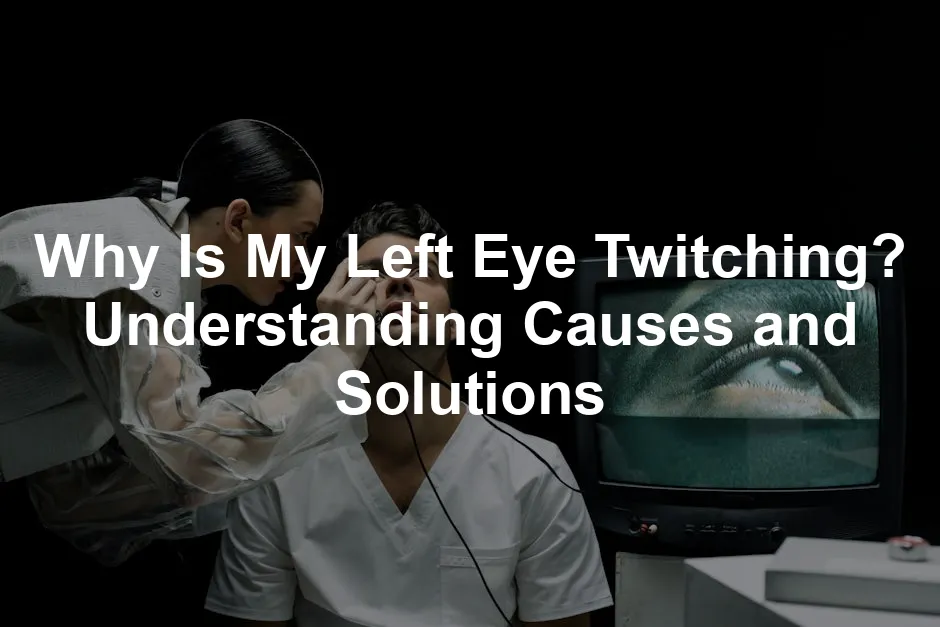
Why Is My Left Eye Twitching? Understanding Causes and Solutions
Introduction
Have you ever noticed your left eye twitching unexpectedly? You’re not alone! Many people experience this curious phenomenon. Left eye twitching is common and usually harmless. It often signals fatigue, stress, or caffeine overload. Understanding its causes can help you manage this annoying issue better.
Speaking of managing stress, have you considered sipping on a delightful Herbal Tea Variety Pack? A warm cup of herbal tea can be a soothing ritual that helps you unwind after a long day. Plus, the right blend can be a great way to say goodbye to those twitchy eyelids!
Summary and Overview
Left eye twitching, or myokymia, involves involuntary spasms of the eyelid muscles. Symptoms usually include quick, repetitive movements in either the upper or lower eyelid. These twitches can last for a few seconds or even several minutes. The frequency varies from person to person. Lifestyle factors like stress and sleep deprivation may worsen the condition. If the twitching persists or affects daily life, seeking medical advice is wise. In this article, we’ll cover various causes, lifestyle impacts, and effective solutions.
Causes of Left Eye Twitching
Stress and Anxiety
Stress and anxiety can trigger muscle spasms, including eye twitches. When you’re stressed, your body reacts in various ways. It can lead to tension in the facial muscles, causing that pesky twitch. To combat this, consider stress management techniques. Take deep breaths, practice yoga, or try meditation. Did you know that about 70% of people report eye twitches linked to stress? Finding ways to relax can make a significant difference.
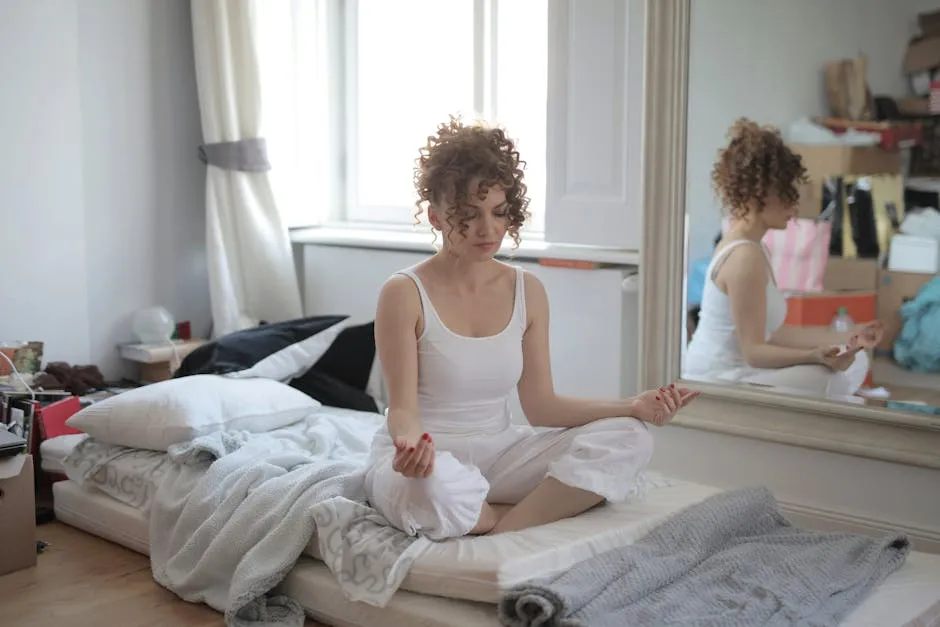
For those moments when you need extra relaxation, a Sleep Mask and Ear Plugs Set can work wonders. This combo can block out distractions and help you drift off into a peaceful slumber, leaving your worries behind.
Fatigue and Sleep Deprivation
Lack of sleep is another common culprit behind left eye twitching. Fatigue can cause your muscles to become more sensitive, leading to spasms. Adults typically need 7-9 hours of sleep each night to function well. To improve your sleep quality, establish a bedtime routine. Try winding down with a book or calming music. Reducing late-night screen time can also help. Better sleep means fewer twitches!

Speaking of bedtime routines, consider adding a Weighted Blanket to your collection. It’s like a gentle hug that can help you relax and reduce anxiety, making it easier to slip into dreamland.
Caffeine and Stimulants
Caffeine is a popular stimulant found in coffee, tea, and energy drinks. It affects the nervous system, often leading to increased alertness. However, too much caffeine can cause jitters and twitching. If you consume more than 400 mg daily, you might notice unwanted muscle spasms, including in your eyelid.
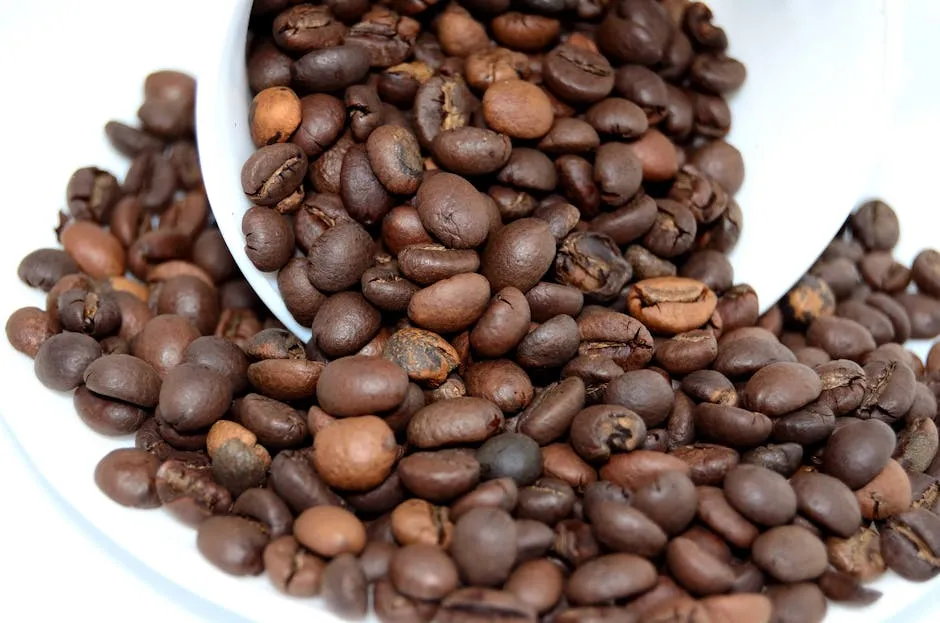
To keep caffeine-related issues at bay, consider limiting your intake. A good rule of thumb is to aim for no more than four 8-ounce cups of coffee per day. Tracking your caffeine consumption can help you stay within these guidelines. Remember, moderation is key!
Eye Strain and Irritation
Our eyes are constantly working, especially during long hours in front of screens. This can lead to eye strain, causing discomfort and twitching. Studies show that many people spend around 7 hours daily on screens. This excessive screen time contributes to visual fatigue, making it essential to take breaks.
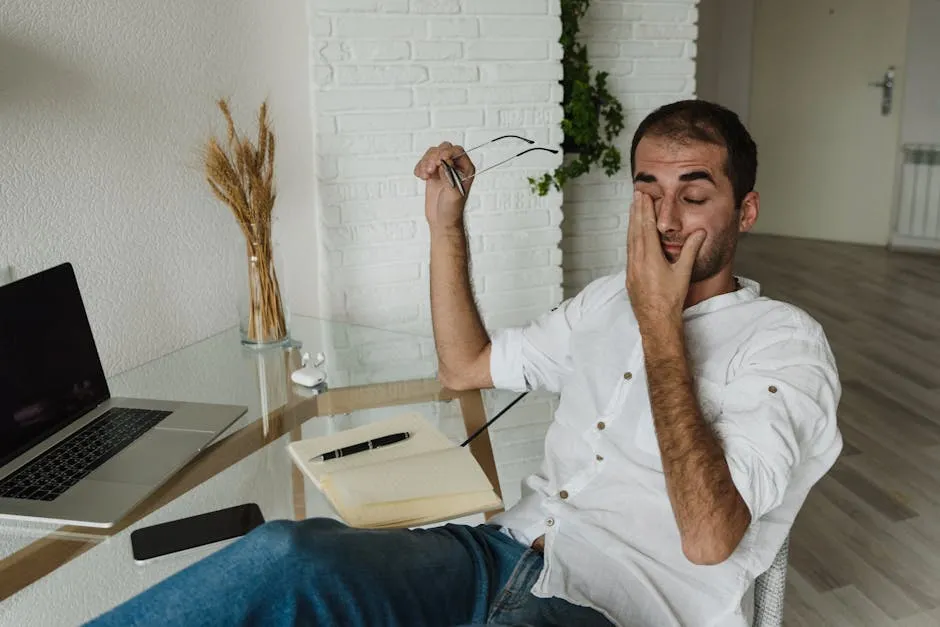
One effective strategy is the 20-20-20 rule. Every 20 minutes, look at something 20 feet away for 20 seconds. This simple practice can reduce eye strain significantly. Other helpful tips include adjusting screen brightness and using proper lighting. Your eyes will thank you!
Nutritional Deficiencies
Nutritional deficiencies can cause various health issues, including muscle spasms. Magnesium deficiency, in particular, is linked to twitching. Research suggests that about 50% of people do not get enough magnesium in their diets. This mineral plays a crucial role in muscle function and relaxation.

To boost your magnesium intake, consider adding foods like almonds, spinach, and black beans to your meals. Speaking of almonds, you might want to try an Almonds Snack Pack for a quick and healthy snack that boosts your magnesium levels!
Other Medical Conditions
Hemifacial Spasm
Hemifacial spasm is a neurological disorder characterized by involuntary contractions on one side of the face. It often starts with twitching in the eyelid but can progress to other facial muscles. Symptoms may include a drooping eye or mouth on the affected side.

If you notice these symptoms, it’s essential to seek medical advice. Early diagnosis can lead to effective treatment options, such as medication or botulinum toxin injections. Don’t hesitate to consult a healthcare professional if you have concerns!
Blepharospasm
Blepharospasm is a condition that causes involuntary eyelid spasms. It typically affects both eyes and can lead to frequent blinking or even prolonged eyelid closure. This can disrupt daily activities and cause significant discomfort.
Treatment options for blepharospasm include botulinum toxin injections, which help relax the muscles. Oral medications may also provide relief for some individuals. In severe cases, surgery may be necessary to alleviate symptoms. It’s important to consult a healthcare professional to discuss the best approach tailored to your needs.
Home Remedies and Lifestyle Changes
Stress Management Techniques
Managing stress is crucial for reducing eye twitching. Relaxation techniques such as yoga or meditation can help calm your mind. Deep breathing exercises also work wonders. Have you tried these methods? Mindfulness practices allow you to focus on the present and ease anxiety. Incorporating these strategies can significantly improve your overall well-being.
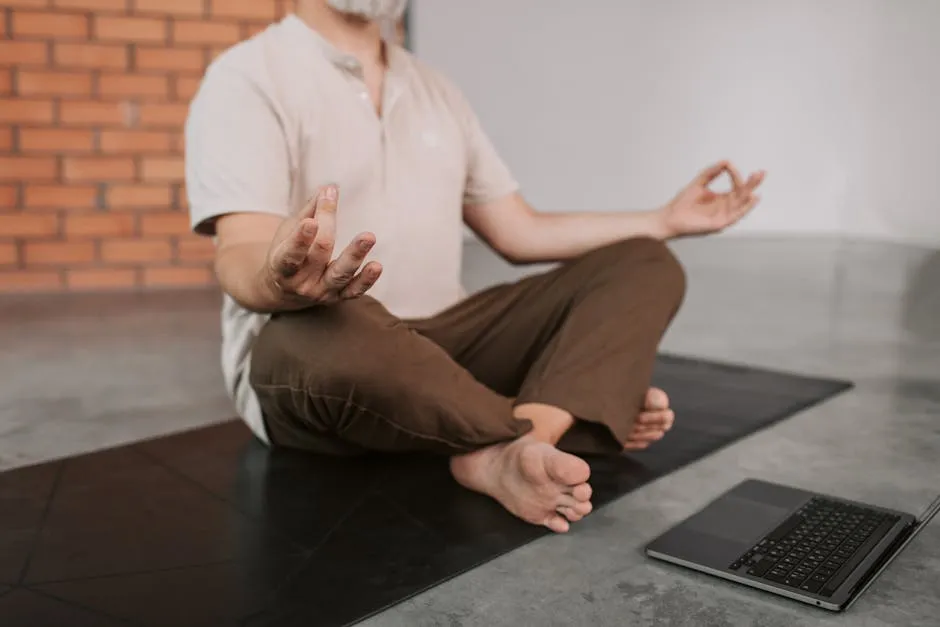
For a bit of extra help, you might want to explore an Essential Oils Set for Relaxation. These aromatic oils can transform your space into a serene oasis, perfect for winding down after a hectic day.
Sleep Hygiene Practices
Establishing a solid sleep routine can combat eye twitching. Aim to go to bed and wake up at the same time daily. Create a relaxing bedtime environment by dimming lights and avoiding screens. Consider reading a book or listening to calming music before sleep. By prioritizing sleep hygiene, you can enhance your rest and reduce twitching episodes.
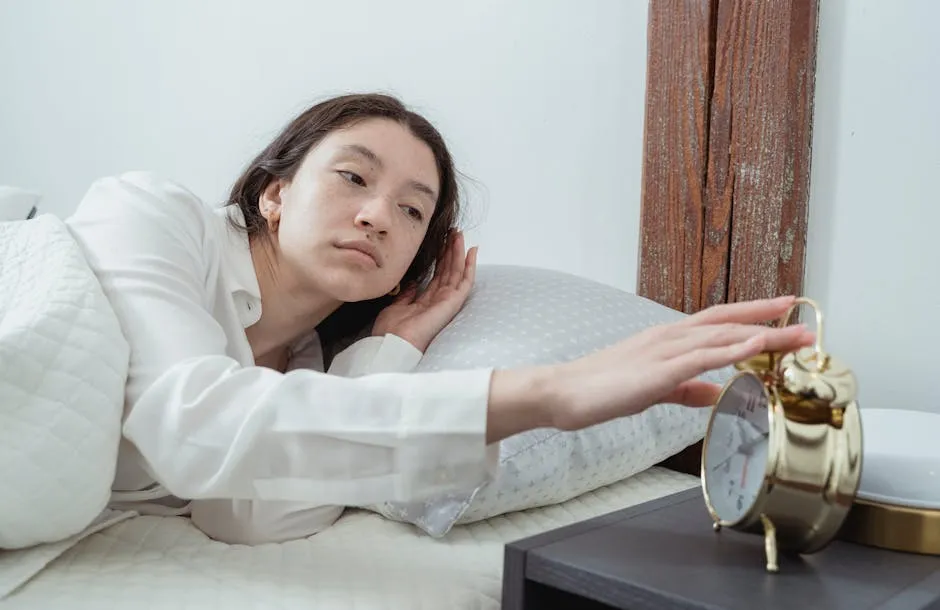
For the ultimate sleep experience, try a Eye Pillow for Relaxation. It can help block out light and provide gentle pressure, making it easier for you to drift off into dreamland.
Reducing Caffeine Intake
Cutting back on caffeine can help alleviate eye twitching. Start by tracking your daily consumption. Gradually reduce your intake and consider switching to caffeine alternatives like herbal tea. Staying hydrated with water is also beneficial. Less caffeine can lead to fewer jitters and improved overall health. Making these changes can provide significant benefits!
Eye Care Tips
Taking care of your eyes is essential. Proper eye lubrication keeps your eyes comfortable. Dry eyes can lead to twitching. Consider using lubricating drops regularly. These drops are easy to find and effective. They can provide relief from irritation and dryness.
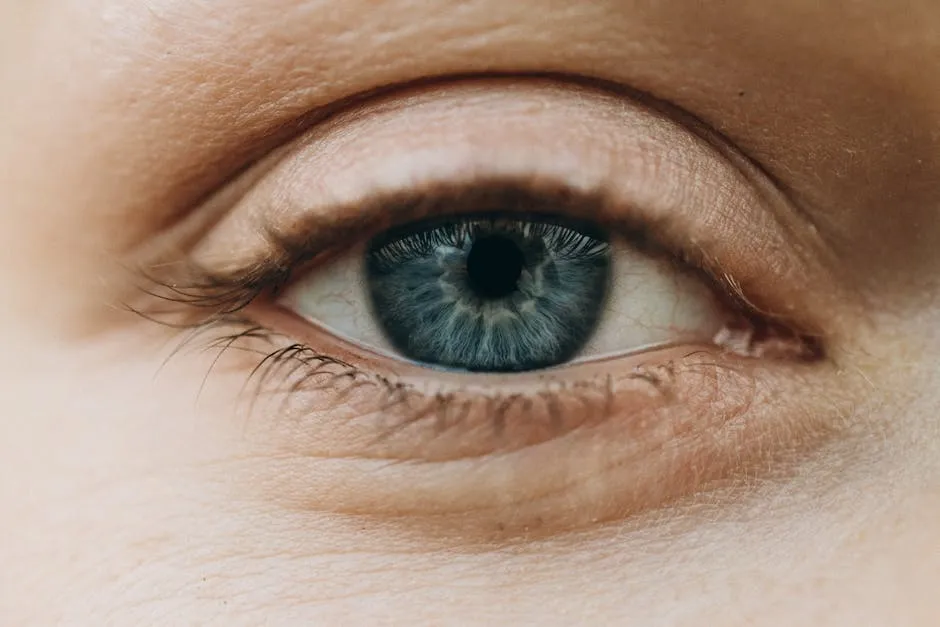
Additionally, remember to take breaks. Staring at screens for long periods can strain your eyes. Follow the 20-20-20 rule: every 20 minutes, look at something 20 feet away for 20 seconds. This simple practice can help reduce eye strain and promote better eye health. You can also invest in Blue Light Blocking Glasses to protect your eyes from screen time!
When to Seek Medical Attention
Sometimes, eye twitching might require professional evaluation. If your twitching lasts more than a week, it’s time to consult a doctor. Other signs include:
- Twitching that affects other parts of your face.
- Drooping eyelids or changes in vision.
- Pain or discomfort accompanying the twitching.
During a medical evaluation, the eye doctor may ask about your symptoms and medical history. They might perform a physical examination or recommend tests to identify underlying issues. Early diagnosis is key to effective treatment.
FAQs
What does it mean if my left eye is twitching?
Left eye twitching, or myokymia, is often harmless. Common causes include stress, fatigue, and excessive caffeine. In some cases, nutritional deficiencies, like magnesium, can also contribute. If the twitching persists for more than a week or affects your daily life, it’s wise to consult a doctor.
Can stress really cause my eye to twitch?
Absolutely! Stress can lead to muscle spasms, including in the eyelids. When you’re stressed, your body tightens muscles, which can trigger that annoying twitch. Finding ways to manage stress, like meditation or yoga, can help reduce twitching episodes.
How can I stop my left eye from twitching?
You can try several simple strategies. Ensure you get enough sleep, limit caffeine, and take breaks from screens. Practicing relaxation techniques, like deep breathing or stretching, can also alleviate symptoms. Staying hydrated and maintaining a balanced diet can further support your overall eye health.
Is eye twitching a sign of a serious condition?
Most of the time, no! Eye twitching is usually benign. However, if it’s accompanied by drooping eyelids, changes in vision, or if it affects other facial muscles, it may indicate a more serious issue. In such cases, seeking medical advice is essential.
What lifestyle changes can help reduce eye twitching?
Making a few lifestyle adjustments can make a significant difference. Prioritize sleep by sticking to a routine. Reduce caffeine intake and manage stress through relaxation techniques. Regular breaks from screens can also help ease eye strain and minimize twitching.
How long does eye twitching usually last?
Typically, eye twitching lasts from a few seconds to several minutes. In some cases, it may persist for days or weeks. If it continues beyond a couple of weeks, it’s a good idea to consult with a healthcare professional for further evaluation.
Should I see a doctor for eye twitching?
If your eye twitching lasts more than two weeks, or if you notice other concerning symptoms, it’s time to see a doctor. Conditions like blepharospasm or hemifacial spasm may require medical attention. Don’t hesitate to get checked if you’re unsure!
Please let us know what you think about our content by leaving a comment down below!
Thank you for reading till here 🙂
If you’re curious about the reasons behind your symptoms, understanding why your left eye is twitching can provide valuable insights.
All images from Pexels




